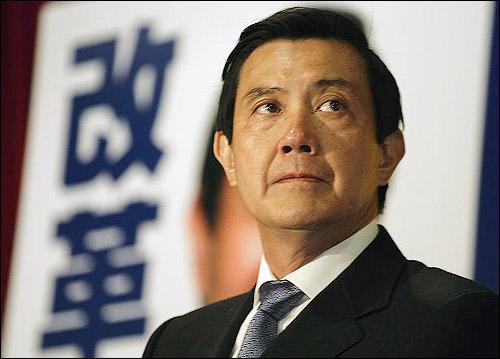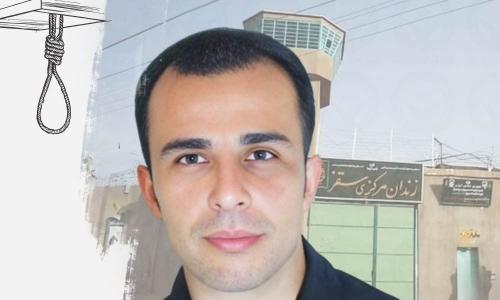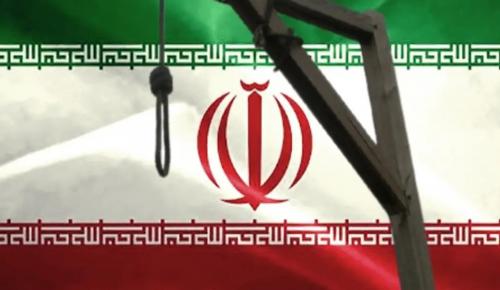23 April 2012 :
In Taiwan, President Ma Ying-jeou said his administration would reduce the use of the death penalty as part of efforts to protect human rights, and promised to seek public consensus on the issue to move toward the abolition of capital punishment.Ma made the remarks while presenting the first national human rights report since signing the International Covenant on Economic, Social and Cultural Rights and the International Covenant on Civil and Political Rights under the UN in 2009.
Since 2006, the government has revised regulations and banned courts from sentencing citizens under 18 years old to death. Prosecutors are also advised to avoid seeking the death penalty in trials.
International human rights organizations have been urging Taiwan to abolish the death penalty, and the issue of the death penalty gained attention again yesterday as the Ma administration presented the report on human rights issues at the Presidential Office.
According to the report compiled by the advisory panel on human rights under the -Presidential Office, Taiwan executed nine death-row inmates in 2010 and last year since the two covenants took effect in 2010. No death penalty was carried out between 2006 and 2009.
Last year, 15 people were sentenced to death, the highest number in the past 10 years, the report said.
The 200-plus page Chinese-language human rights report reviewed a wide range of rights issues in Taiwan, such as gender ratios, welfare budgets and the death penalty.
For example, the report said the public’s expectation of keeping the death penalty on the law books is not in line with human rights trends.
The government has been striving to address that issue, the report said, citing a 67.4 percent drop in the number of death sentences handed down in the last decade compared with the period 1992-2001.
The report will be translated into English in due time to facilitate access by experts worldwide, he said.
A human rights report will be published each year to ensure continued improvement, the president said.
Ma said that while the abolition of the death penalty was a global trend, Taiwan still has capital punishment because there remained a lack of consensus on the issue among Taiwanese.
“The two UN covenants do not ban capital punishment, but encourage all countries to move toward the abolition of it … We’ve discussed the nation’s situation with the international community and let other countries understand that we haven’t been able to abolish the death penalty because of divided opinions on the issue domestically,” Ma said.
Citing examples in Europe, Ma said both France and Germany spent more than 100 years to completely abolish the death penalty.
“What we can do, and have already been doing now, is to reduce the death penalty,” he added.
(Sources: taipeitimes.com, CNA, 21/04/2012)











